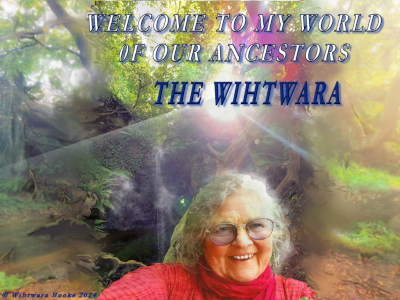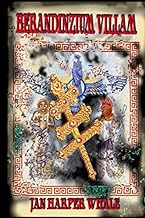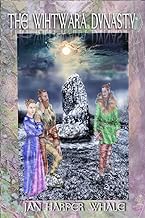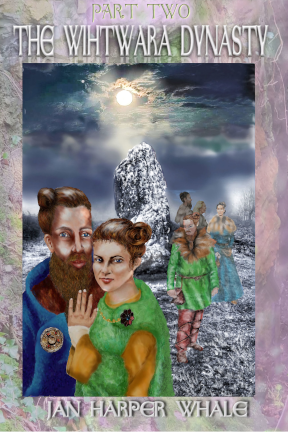Part II. Wōden & Wōtan
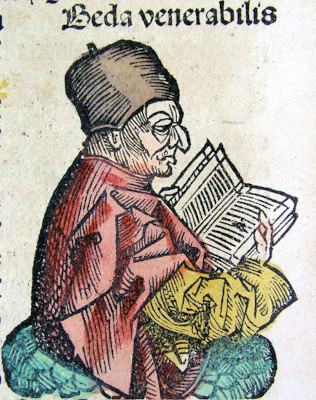
To go back to the beginning before the ‘monks with pens’ altered and subsumed so much of what little we have to verify the authenticity
lived by our Ancestors, the Suevii, we begin with a name: WŌDEN. The root meaning as in ‘a higher state of mind’. The origin account
of Wōden hanging upside down on the Yggdrasil to receive the wisdom of the runes, (the Elder Futhark) gives a certain credence to his
word meaning! In addition, the Germanii venerated their god Wōtan, also linked to the ancient god and subsequently
subsumed by the Roman Catholic onslaught.
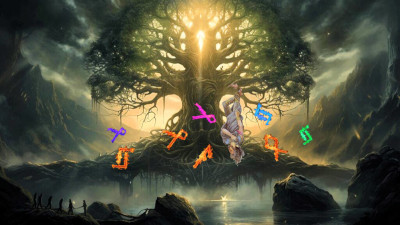
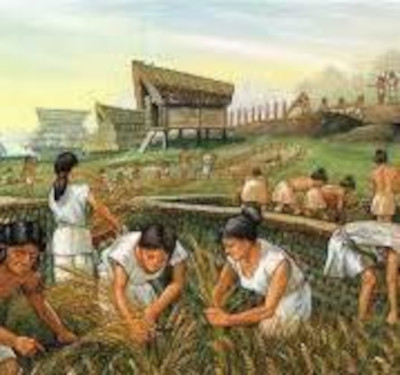
When the confederacy of seven tribes, migrated down from the Cimbric Peninsula to land in Friesland where they settled for a time, before moving over to the south coast of Engelland, they brought their gods and goddesses with them, alongside their veneration of Nerthus, Earth Mother. In Neolithic times we see them settle peacefully, integrating and farming the land on Wihtland, the Meon valley and Caint.
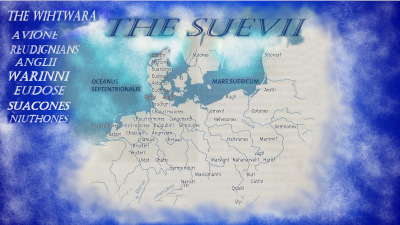
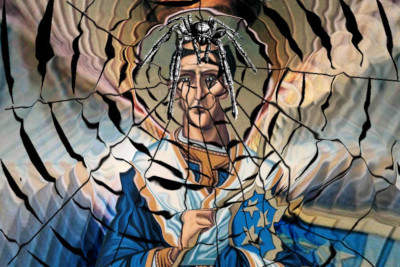
overlaying their names with the devil
Let’s be clear; Wōden and Wōtan is an older god, much older. Wõden was clearly venerated so much as over seventy places names in England still hold his root name within. And this is after the Church tried to obliterate all of them by overlaying them with the disgusting name of devil: devil’s punchbowl, devil’s dyke, devil’s chimney, etc etc.
Place name evidence is widespread across England. These include Wednesbury and Wednesfield (Staffordshire), Wōdensborough and Wormhill (Kent), Wenslow and Wensley (Bedfordshire) and Wensley (Derbyshire).
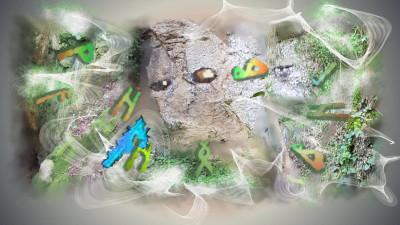
Wōden was venerated in Neolithic times. The Wihtwara migrated during those times. Much earlier than previously recorded. So, they had no knowledge of the later god Odinn, who grew in prominence with the upsurge of Vikings and their raids into other lands.
The Roman’s respected Wōden. He was human and active, a demi-god status afforded him in earlier times. The Romans called him Mecurius for his higher mind in debate. The Lombardi’s hold an account of how he averted a war by asking the women to fix their hair as beards, making their army grow and frighten off the invaders. It worked!
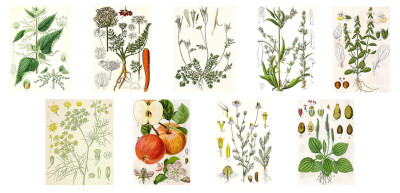
Wōden was a great healer, the nine-glory staves and the nine herbs granted to him after his trial on Yggdrasil, attest to his skill. These are ‘the mother-die’ plants cursed by the monks and trodden underfoot to suppress all-natural healing by the ‘wita-wītega’ women.
We have so little left to go on! But for the quiet insistent intervention of whispering voices of our Wihtwara Ancestors, we may have been left in the dark. But they have never ‘died.’ They are not forgotten, and they ARE HERE on Wihtland once more! And we must stay true to their wisdom and not get caught up in the relentless dialogue of folklorist fantasy writings, the ‘monks with pens’.
The Wihtwara world was simpler, less complicated, and deeply enthusiastic towards the earth spirits, sky spirits, those Wuduelfen in the forests. So, key to their understanding of their spiritually driven world is the request from them that we move away from our laptops, stop the ‘like’ button and ‘luurv’ button as an answer! But to step up and out….Meet us and them, in the real world. Have a jar and blether in a coffee house or pub. Meet in a sacred circle in real time, at the Longstone or Grove. Just meet and shake hands!
Most importantly, learn about their lives here on Wihtland. That seriously missing part of island knowledge can be remedied and made good again.
Treat yourself or your loved ones to new learning and a narrative based on deep research. Buy from our platform on Etsy. All copies are signed.
Channel your hard-earned cash towards the people who created this unique Trilogy and not into the bulging coffers of Amazon, who give only pennies back to the author.
Bletsunga Beorhte
Jan& Mitchxx
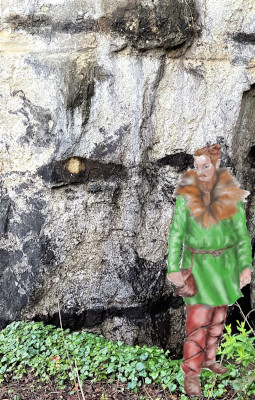
NB: The unique images are from our lost sacred place, Wōden’s golden-eye sanctuary.
The Christians suppressed what is so obviously our Æll Fæder looking out to us with his one-eye, by calling it ‘the Devil’s Chimney’
